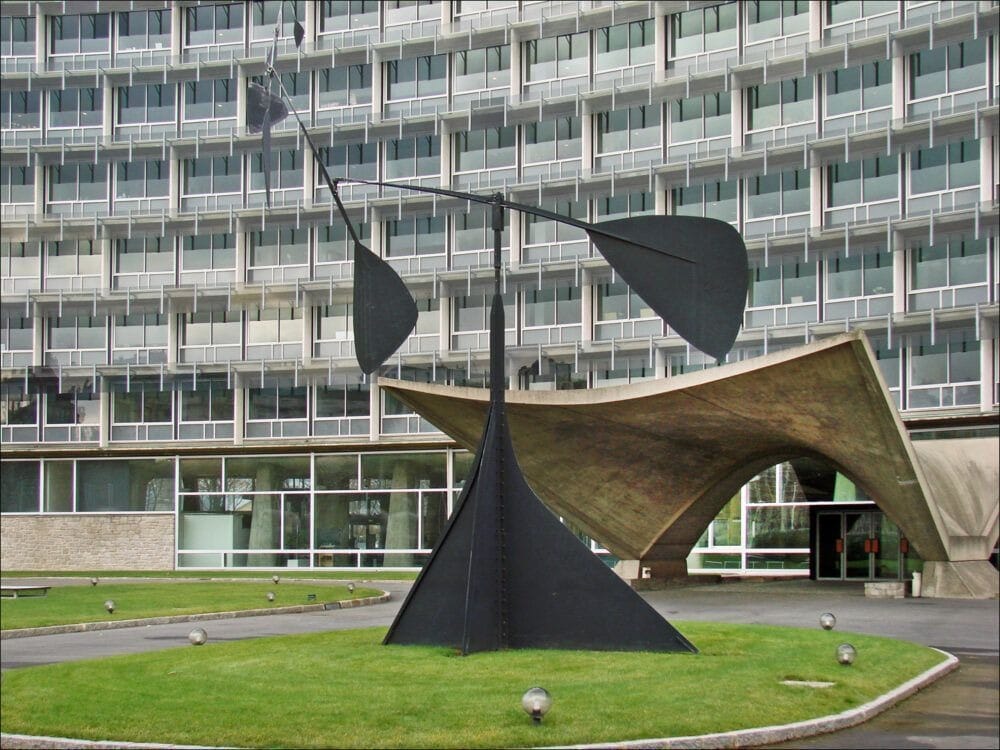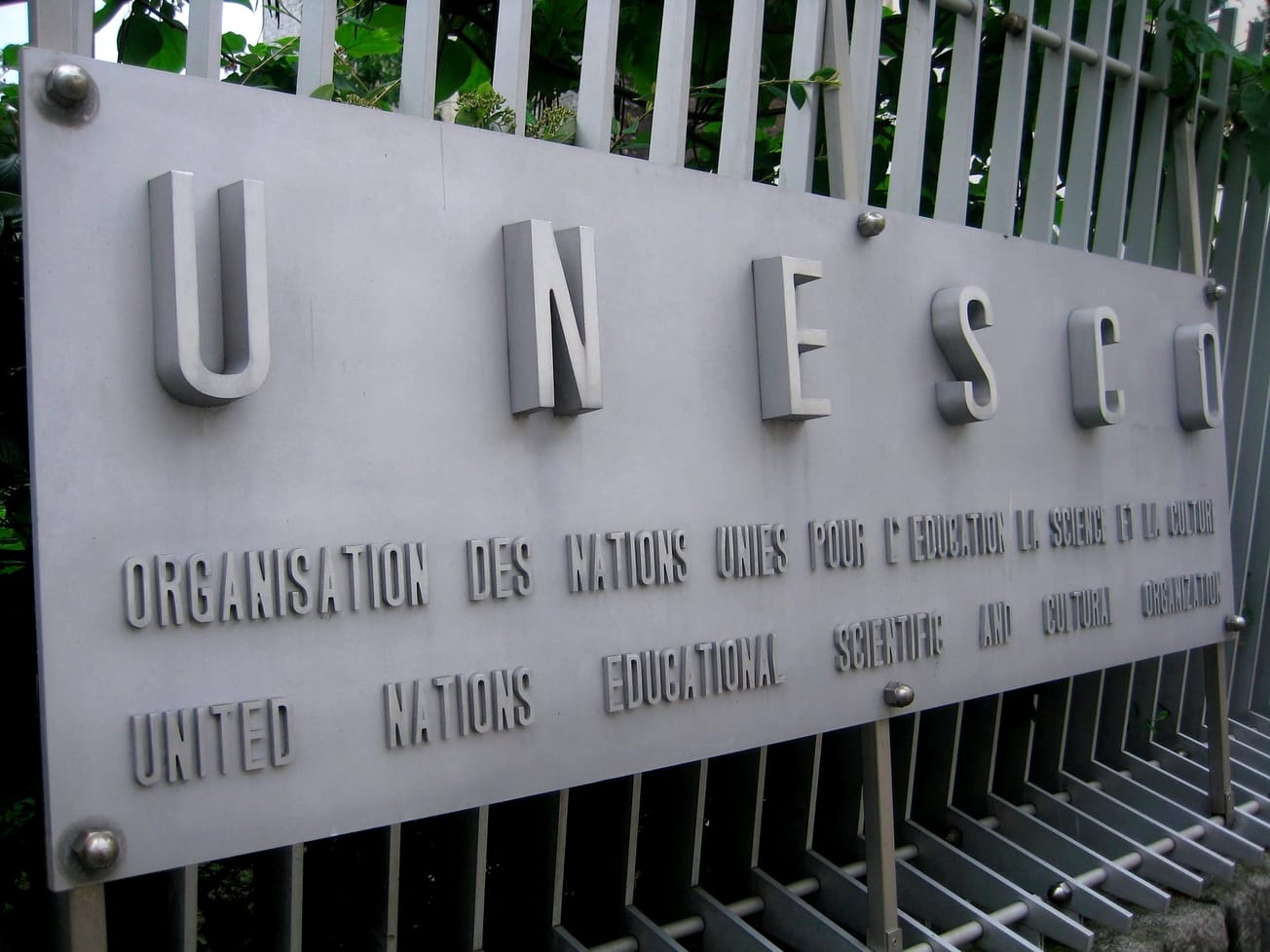PARIS (AN) — As 2019 dawned the United States and Israel withdrew from UNESCO, expanding the number of international organizations, treaties and laws that U.S. President Donald Trump's administration has parted ways with in its rejection of multilateralism.
This marks the second U.S. departure from the United Nations Educational, Scientific and Cultural Organization since it was co-founded by the United States in 1946 as a peace-promoting organization to help prevent another world war.









